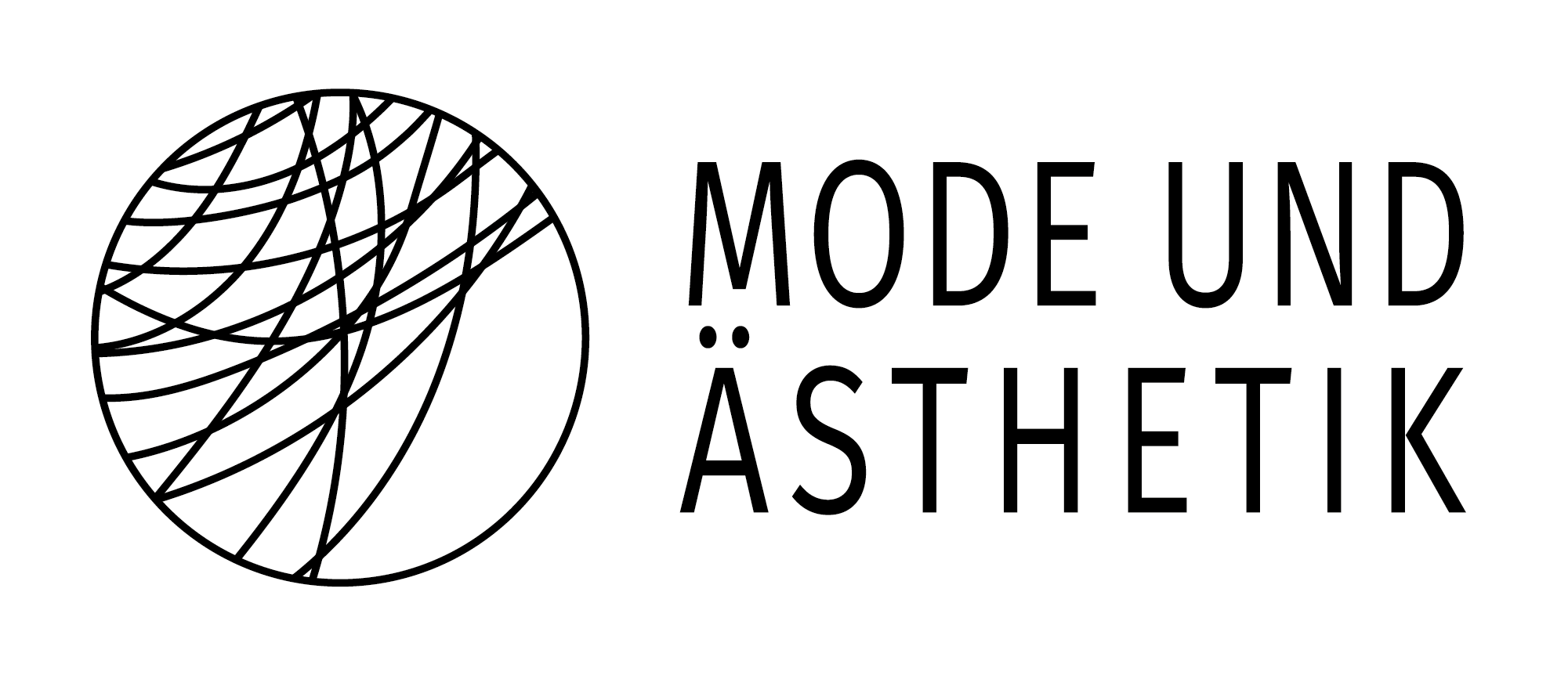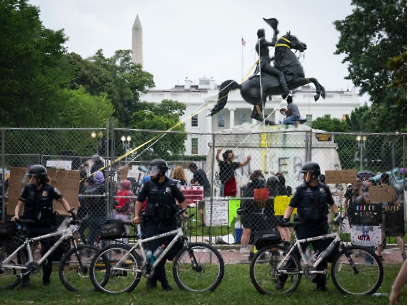Decolonizing Monuments. Critical Reflections on Aesthetics and Memory in a Post/Colonial Context
Since #Rhodesmustfall – when in 2015 University of Cape Town, South Africa students demanded the removal of the Cecil Rhodes statue from the campus as a sign of protest against the politician’s colonialist and oppressive politics – anti-racist and anti-colonial protests in form of media-staged monument topplings have shaped the cityscapes, especially those in former colonized regions. In Southern USA, the region’s 'conqueror' Juan de Oñate has fueled the debate; in Santiago de Chile the independence fighter Bernardo O'Higgins is dragged off his pedestal; and in Belgium the statue of Leopold II is marked with the George Floyd’s last words when being murdered by police officers “I can't breathe”.
Under the hashtag #statuesmustfall, an activist community is mobilized, which, by removing, dragging and symbolically violating colonial monuments, is initiating a global debate on how to deal with the visualized traumatic memory of colonial oppression and racial hatred. These subversive reinterpretations and re-semantizations are accompanied by a demand for the visualization of 'southern' memory cultures. The media staging of these monument topplings also questions the status of the figurative monument as a pictorial representative, as a kind of effigy. This form of post-colonial iconoclasm is juxtaposed with positions of conservative preservation as well as those calling for a less radicalized, more complex debate – also regarding the appropriation of iconoclastic practices from right-wing and fundamentalist circles, such as the attack on numerous artworks in the National Museums in Berlin in October 2020. Simultaneously with the statues-must-fall movement, numerous dissenting voices precisely demand the preservation of and active intellectual debate on colonial monuments, not least to counteract a practice of forgetting.
Based on recent and current activist protests, the lecture series examines the relationship between postcolonial iconoclasm and preservation and provides a critical discussion on the forms of representations of colonial memory in urban and artistic spaces. Based on postcolonial and decolonial theoretical approaches, the lectures will critically reflect the entanglements of colonial memory, aesthetics, and the (de)colonization of (urban) space and will question them from an art and visual theoretical perspective.
The lecture series is a cooperation of Rhea Dehn Tutosaus, M.A. / Prof. Dr. Alexandra Karentzos (Technical University Darmstadt) and Prof. Dr. Miriam Oesterreich (University of the Arts Berlin)
Program:
20 May 2021, 18:00-19:30 CET
Analays Alvarez Hernandez (Université de Montréal)
To Monument or Not to Monument? On the Contemporary Crisis of Commemoration and the Forever Dilemma (Engl.)
10 June 2021, 18:00-19:30 CET
Ada Pinkston (Monument Lab, Townson University)
Empty Pedestals or The Aesthetics of Truth (engl.)
01 July 2021, 18:00-19:30 CET
Leena Crasemann (Universität Hamburg) / Anne Röhl (Universität Siegen)
Verhüllen enthüllen. Textile Handlungen als postkolonialer Protest (dt.)
08 July 2021, 18:00-19:30 CET
Tomas Macsotay (Universitat Pompeu Fabra, Barcelona)
Do monuments have a capacity for ghostly return? (engl.)
The event will be held digital via Zoom.
If you wish to attend, please register, free of cost, via soeker@mode.tu-darmstadt.de







